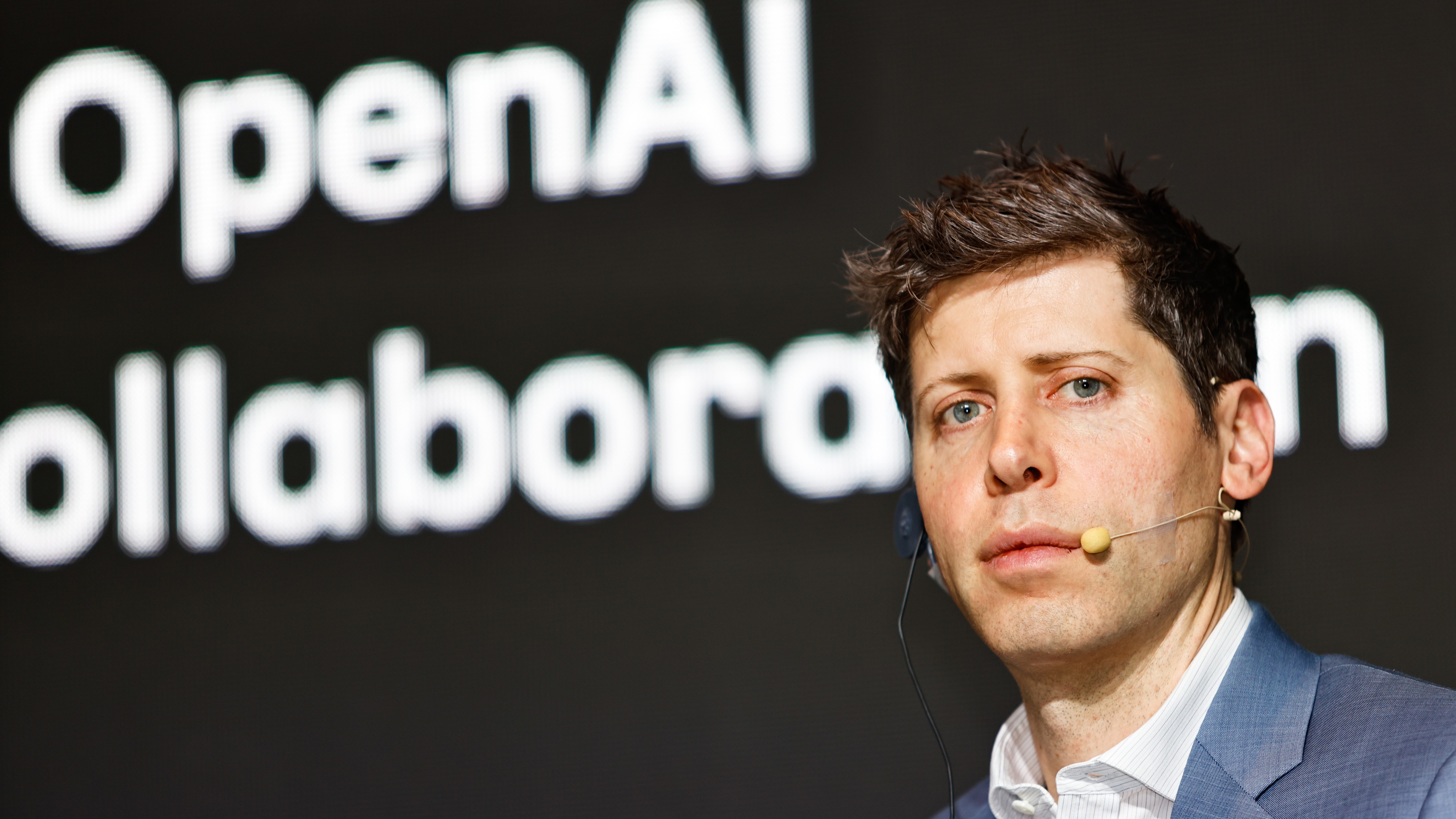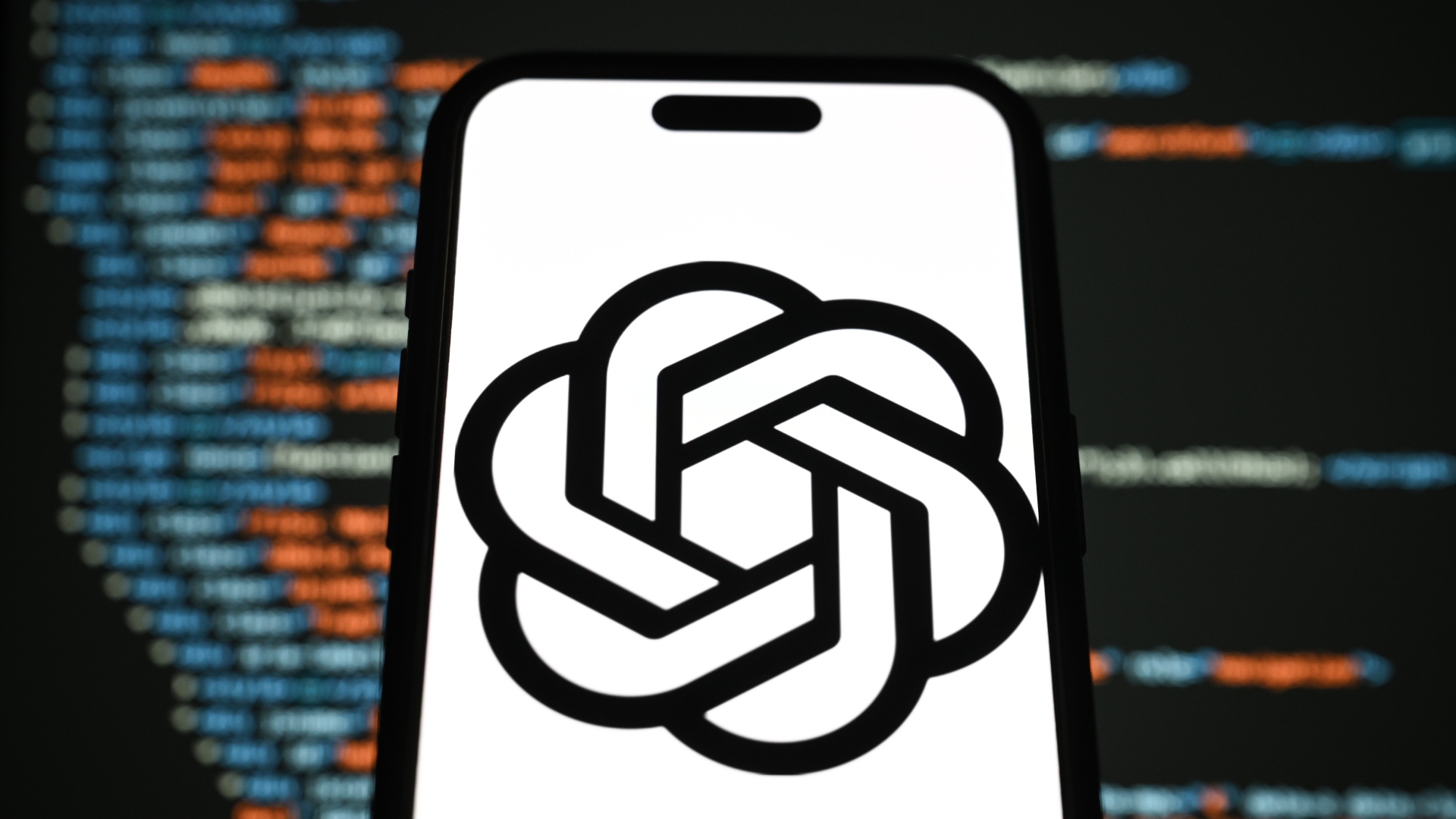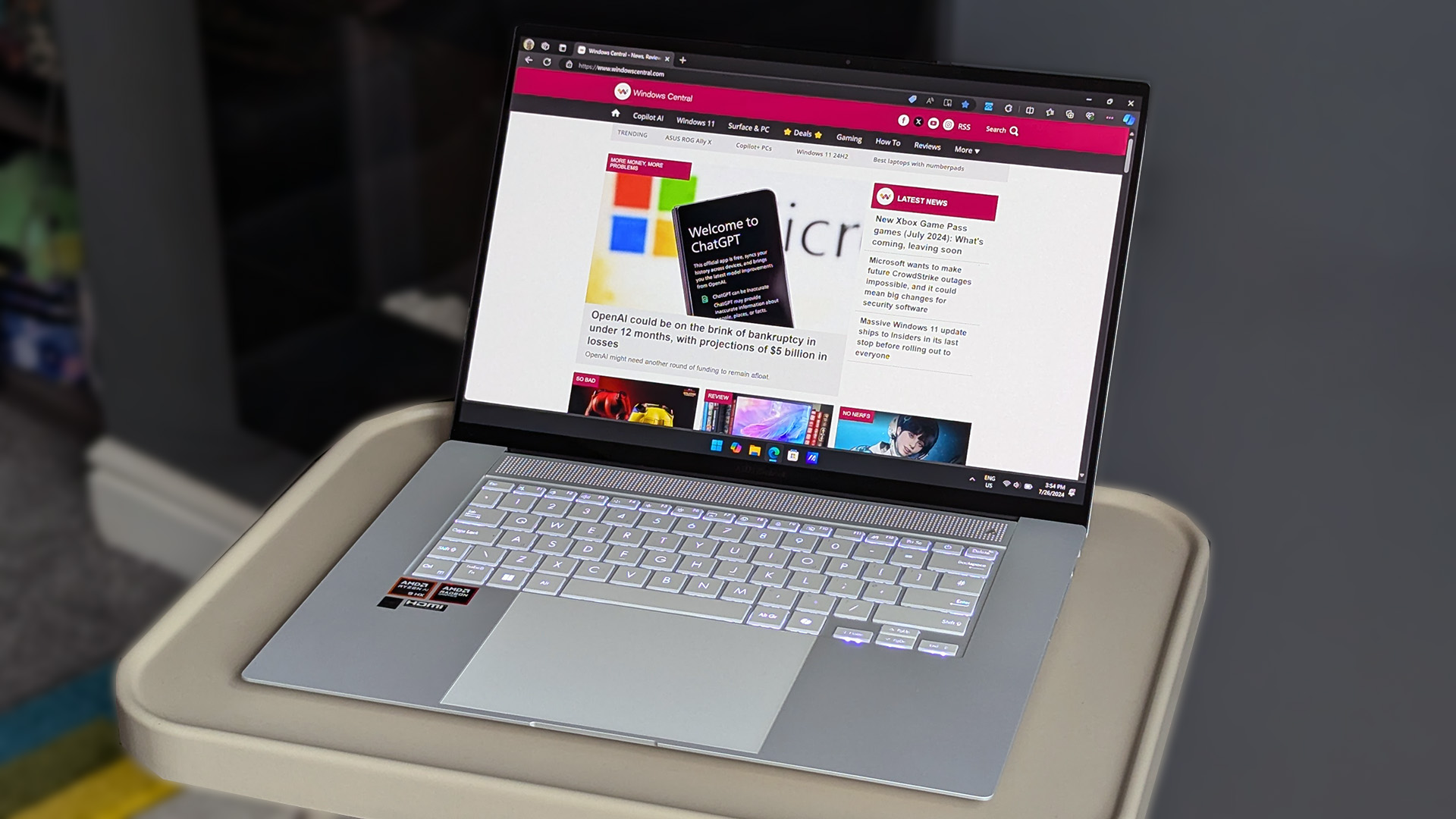OpenAI CEO Sam Altman revealed the heartbreaking truth behind its users’ attachment to previous ChatGPT models — "This was great for my mental health"
Altman recently explained the theory behind a 'GPT-5' backlash and the borderline obsession with its GPT-4o predecessor.

All the latest news, reviews, and guides for Windows and Xbox diehards.
You are now subscribed
Your newsletter sign-up was successful
OpenAI has faced a lot of backlash from users after shipping its much-anticipated GPT-5 AI model (touted as the smartest AI model ever) with next-gen capabilities across healthcare sectors, coding, and writing.
Multiple users have blatantly expressed their preference for previous models despite the fact that OpenAI had abruptly decided to deprecate them, including GPT-4o. However, the company recently decided to change this by making these models available again for ChatGPT users.
But unlike before, GPT-5's predecessors will be buried behind a paywall, meaning you'll need a $20/month ChatGPT Plus subscription to access them. It's also worth noting that the AI firm has increased the rate limit for ChatGPT-5 Plus amid backlash from users.
We are significantly increasing rate limits for reasoning for ChatGPT Plus users, and all model-class limits will shortly be higher than they were before GPT-5.
Sam Altman, OpenAI CEO
Perhaps more interestingly, OpenAI CEO Sam Altman recently revealed the "heartbreaking" reason why users are hell-bent on sticking to previous models even after GPT-5 shipped. Speaking to Cleo Abram during an episode of the Huge Conversations podcast, the executive indicated:
"Here is the heartbreaking thing. I think it is great that ChatGPT is less of a yes man and gives you more critical feedback. But as we've been making those changes and talking to users about it, it's so sad to hear users say, 'Please can I have it back? I've never had anyone in my life be supportive of me. I never had a parent tell me I was doing a good job.'"
So, the ChatGPT maker's CEO seems to think users are fixated on previous versions of GPT-5, specifically GPT-4o, because they've never had anyone support them before, potentially highlighting how emotionally independent some users are to these AI tools.
The executive further disclosed that some users admitted that ChatGPT's previous model had encouraged them to make positive changes to their lives. "I can get why this was bad for other people's mental health, but this was great for my mental health," Altman echoed some sentiments shared by some users about the model change.
All the latest news, reviews, and guides for Windows and Xbox diehards.
As you may remember, OpenAI rolled out a new update for ChatGPT in April, which seemingly made the tool "overly flattering and agreeable," prompting some users to suggest that it was exhibiting sycophantic tendencies. Consequently, OpenAI decided to roll back the update. Sam Altman admitted that the update had made ChatGPT's user experience "too sycophant-y and annoying."
ChatGPT is evolving into more of a problem than a solution
Admittedly, ChatGPT ships with a handful of helpful features designed to make work easier and can even help people navigate day-to-day life experiences. More recently, OpenAI CEO Sam Altman openly admitted that he was worried about the youth's emotional over-reliance on ChatGPT:
"People rely on ChatGPT too much. There's young people who say things like, 'I can't make any decision in my life without telling ChatGPT everything that's going on. It knows me, it knows my friends. I'm gonna do whatever it says.' That feels really bad to me."
"Something about collectively deciding we're going to live our lives the way AI tells us feels bad and dangerous," added Altman. In a separate report, Sam raised concerns about the high degree of trust people have in ChatGPT despite its tendencies to hallucinate and outrightly generate inaccurate responses to queries. "It should be the tech that you don't trust that much," he added.
Elsewhere, the executive indicated that ChatGPT is a better therapist than most professionals in the field across the world, but revealed that he wouldn't trust the tool with his medical fate unless a medical doctor is in the fold to oversee the process.
Earlier this year, a study by Microsoft revealed that an overreliance on AI tools like ChatGPT and Copilot could make you dumber by atrophying critical thinking, which leads to the deterioration of your cognitive faculties.

Kevin Okemwa is a seasoned tech journalist based in Nairobi, Kenya with lots of experience covering the latest trends and developments in the industry at Windows Central. With a passion for innovation and a keen eye for detail, he has written for leading publications such as OnMSFT, MakeUseOf, and Windows Report, providing insightful analysis and breaking news on everything revolving around the Microsoft ecosystem. While AFK and not busy following the ever-emerging trends in tech, you can find him exploring the world or listening to music.
You must confirm your public display name before commenting
Please logout and then login again, you will then be prompted to enter your display name.


